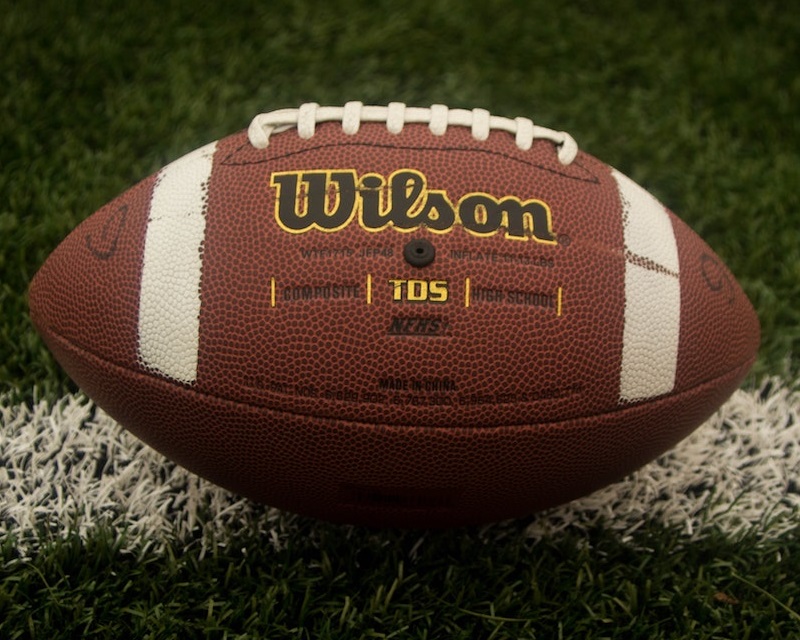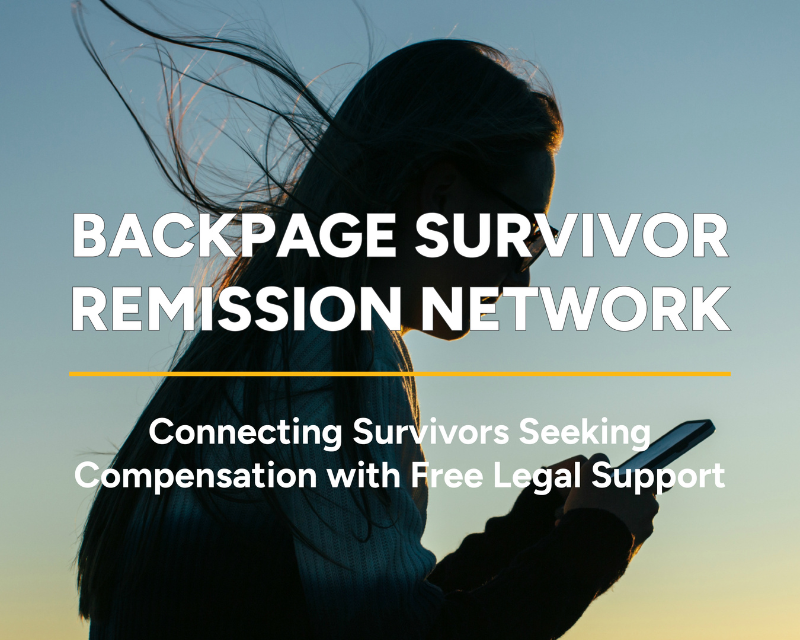
The myth about sex trafficking increasing exponentially in the city hosting the Super Bowl has become as common this time of year as chips, wings … and, (like it or not), the New England Patriots. Attendees are urged to be aware, know the signs and become part of the solution.
That’s not a bad thing, the reality is that sex trafficking happens during the Super Bowl with the same frequency as it does every single day, in every single city in America. So while anyone heading to Atlanta for the big game should certainly be alert, the rest of us can do at least as much to fight human trafficking by learning more about those chicken wings – and then shopping accordingly.
Here’s why: There are approximately 25 million people around the world today living in a situation that would be considered human trafficking under U.S. law. Of those, the best estimate is that 16 million of them are experiencing labor trafficking in industries including agriculture, manufacturing, construction, mining, domestic work and more.
It’s happening in far away countries, in developing nations, in some cases at the behest of corrupt governments. And it is happening throughout the United States, in farms and fields, factories and restaurants, private homes, hotels, you name it. As long as it is lucrative to defraud, coerce, manipulate, threaten, or otherwise force a person to work in exploitative conditions it will continue. That’s where all of us come in. Don’t give human traffickers your money.
That’s a lot easier said than done, of course. Those who do not want to be complicit in sex trafficking can easily avoid spending money on commercial sex. But consumers cannot very well go without food or clothing in order to avoid inadvertently purchasing a product tainted by human trafficking.
What can I do?
You can learn as much as possible about the “supply chain” that is, the full range of activities, individuals and materials that go into making what we buy.
This is not always easy – even for big corporations that are making a real effort to do the right the thing. A single garment could be made from cotton picked in one country and processed in another. That same shirt could be cut in one factory, dyed in a second and sewn in third. Untangling the web of subcontractor relationships can be daunting. There are, however, best practices, steps to take that ensure a company is doing everything in its power avoid supporting traffickers.
Consumers may not be able to do all the digging and verifying themselves but there is information available. Know the Chain, for example, rates some of the world’s biggest companies against a set of benchmark policies and practices that have been shown to reduce trafficking. The U.S. government puts out an annual list of products believed to made from forced or child labor. Verite has created an “atlas” that helps illuminate how trafficking is happening related to specific commodities.
The majority of this information is focused on how workers are trafficked overseas in the context of products that may be sold in the United States. There is substantially less aggregated information about trafficking on farms and in other businesses in the United States but that is not because it is not happening.
What is the reality of labor trafficking?
Polaris operates the National Human Trafficking Hotline, connecting victims and survivors to support and services to help them out of their trafficking situations and back on their feet. In 2017, the last year for which all the data is available and verified, the National Hotline learned of 1,274 cases of labor trafficking. While that compares to more than 6,000 cases of sex trafficking, experience and available data suggests that is not because there is less labor trafficking than sex trafficking happening, but rather because labor trafficking victims and survivors are less likely to seek help. In many cases, that is because the survivors are immigrants who are worried they will be arrested and deported if they bring themselves to the attention of authority figures.
Of those in labor trafficking situations who contacted the National Hotline, the greatest number were in domestic work, followed by agriculture. When warranted and under the right circumstances, information about a labor trafficking situation might be passed to law enforcement for investigation and possible arrest. If all those things line up, there might at some point be information publicly available about the actual business where the trafficking took place – information a consumer can use.
Examples of goods and services
Often though, it is hard to know much more than the general outlines of how trafficking works in a particular industry or related to a raw material or commodity. Still, having a general sense of the risks and vulnerabilities can give consumers something to work with when trying to make ethical spending choices. Here are a few examples of goods and services that might pop up in your Super Bowl viewing plans.
- Team t-shirts, blankets, and other textiles: The U.S. Department of State’s 2016 report on Trafficking in Persons globally listed 20 countries where cotton is produced using forced labor or child labor including Turkey, Indian, Egypt, Brazil and Argentina. The whole list is here. Trafficked workers tend silk cocoons in Uzbekistan and workers on cattle ranches where leather and suede is produced are trafficked in numerous countries including Brazil, Paraguay and South Sudan.
- Chicken wings: The National Human Trafficking Hotline has recorded cases of human trafficking at chicken processing facilities around the country. Media investigations point to distressing conditions and exploitation at facilities that supply some of the biggest chain restaurants in the country such as this New Yorker story about Case Farms in Ohio. In 2017, a lawsuit was filed on behalf of men who were convicted of drug offenses and sent to drug court where instead of the rehabilitation services they were supposed to receive they were forced to work in dangerous and unsanitary conditions in the poultry industry.
- Nachos: Know the Chain, a project of several human rights organizations, grades corporations on a based on their commitment to adopting and implementing key procedures and practices that reduce or eradicate human trafficking. Check out their food and beverage report and learn more about what Pepsico and other major brands are doing to protect workers in the supply chain that ultimately becomes Doritos and other snack foods.
- Beer Tin: The stuff of beer cans, is reportedly produced with child and/or forced labor in the Democratic Republic of Congo as are Tungsten and Coltan, which is used in the production of electronic equipment including cell phones. Tin is also mined by children in Bolivia and Indonesia.
Stay informed! If you’d like to help make an impact on the lives of human trafficking victims and survivors join our Grassroots Network.


